Raisins are known to be a popular dried fruit that is consumed in various forms across the globe. However, many people are unaware of the transformational journey raisins can take to become fully-formed grapes once again. In this article, we will explore the process of converting raisins back into grapes, the economic potential this holds for the industry, and the innovative ways in which this versatile fruit is being utilized. 1. The Process of Rehydrating Raisins: The rehydration process involves soaking raisins in water or other liquids to restore their moisture content and reverse the dehydration process.

.
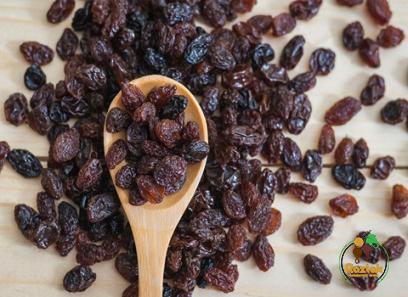 This step requires careful monitoring of the water temperature and duration of soaking to achieve the desired texture and taste. The rehydrated grapes can then be used in a multitude of ways, from culinary applications to manufacturing value-added products. 2. Culinary Applications: Rehydrated grapes offer a unique and plump texture that can enhance various recipes. They can be used in salads, baked goods, stews, and sauces, providing a burst of sweetness and flavor. The versatility of rehydrated grapes extends to the creation of beverages such as grape juice and wine. Chefs and food enthusiasts are increasingly recognizing the potential of rehydrated grapes to bring a delightful twist to traditional dishes.
This step requires careful monitoring of the water temperature and duration of soaking to achieve the desired texture and taste. The rehydrated grapes can then be used in a multitude of ways, from culinary applications to manufacturing value-added products. 2. Culinary Applications: Rehydrated grapes offer a unique and plump texture that can enhance various recipes. They can be used in salads, baked goods, stews, and sauces, providing a burst of sweetness and flavor. The versatility of rehydrated grapes extends to the creation of beverages such as grape juice and wine. Chefs and food enthusiasts are increasingly recognizing the potential of rehydrated grapes to bring a delightful twist to traditional dishes.
..
 3. Expanded Market Opportunities: By transforming raisins into grapes, the industry can tap into new market segments. While raisins cater primarily to the dried fruit market, rehydrated grapes open doors to fresh fruit consumers as well. This expansion allows producers to target health-conscious individuals who prioritize fresh produce, widening the consumer base and increasing revenue potential. Additionally, the use of rehydrated grapes in manufacturing value-added products such as jams, jellies, and fruit bars creates opportunities for product diversification. 4. Nutritional Value and Health Benefits: Rehydrated grapes offer nutritional benefits similar to fresh grapes. They are a good source of vitamin C, dietary fiber, and antioxidants. Moreover, grapes have been associated with various health benefits, including improving heart health, aiding digestion, and promoting healthy skin. Rehydrated grapes provide consumers with a convenient way of incorporating these healthful properties into their diets, adding to their appeal and market demand.
3. Expanded Market Opportunities: By transforming raisins into grapes, the industry can tap into new market segments. While raisins cater primarily to the dried fruit market, rehydrated grapes open doors to fresh fruit consumers as well. This expansion allows producers to target health-conscious individuals who prioritize fresh produce, widening the consumer base and increasing revenue potential. Additionally, the use of rehydrated grapes in manufacturing value-added products such as jams, jellies, and fruit bars creates opportunities for product diversification. 4. Nutritional Value and Health Benefits: Rehydrated grapes offer nutritional benefits similar to fresh grapes. They are a good source of vitamin C, dietary fiber, and antioxidants. Moreover, grapes have been associated with various health benefits, including improving heart health, aiding digestion, and promoting healthy skin. Rehydrated grapes provide consumers with a convenient way of incorporating these healthful properties into their diets, adding to their appeal and market demand.
…
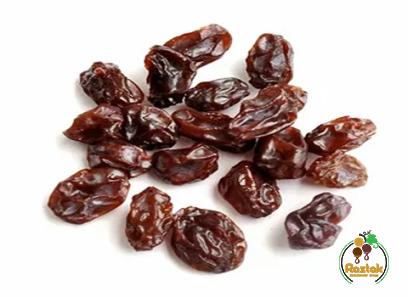 5. Innovations in the Raisin Industry: The raisin industry has embraced innovation to increase market competitiveness. One such innovation is the production of pre-rehydrated grapes, which have gained popularity in the foodservice and hospitality sectors. Pre-rehydrated grapes simplify the cooking process by eliminating the need for soaking and reducing preparation time. These ready-to-use ingredients ensure consistent texture and taste, providing convenience without compromising on quality. Conclusion: The transformation of raisins back into grapes offers a fresh perspective on this versatile fruit. From culinary applications to expanded market opportunities and health benefits, rehydrated grapes have emerged as an exciting trend in the food industry. By embracing innovations and exploring various value-added products, producers can capitalize on the potential of rehydrated grapes, creating a thriving market for this revitalized fruit. So, next time you reach for a box of raisins, remember the limitless possibilities that lie within these tiny, dried wonders.
5. Innovations in the Raisin Industry: The raisin industry has embraced innovation to increase market competitiveness. One such innovation is the production of pre-rehydrated grapes, which have gained popularity in the foodservice and hospitality sectors. Pre-rehydrated grapes simplify the cooking process by eliminating the need for soaking and reducing preparation time. These ready-to-use ingredients ensure consistent texture and taste, providing convenience without compromising on quality. Conclusion: The transformation of raisins back into grapes offers a fresh perspective on this versatile fruit. From culinary applications to expanded market opportunities and health benefits, rehydrated grapes have emerged as an exciting trend in the food industry. By embracing innovations and exploring various value-added products, producers can capitalize on the potential of rehydrated grapes, creating a thriving market for this revitalized fruit. So, next time you reach for a box of raisins, remember the limitless possibilities that lie within these tiny, dried wonders.




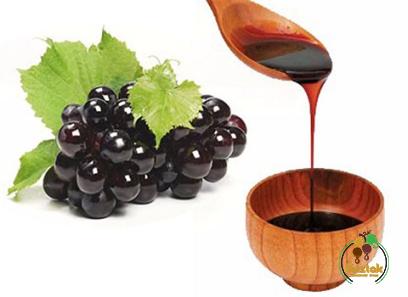

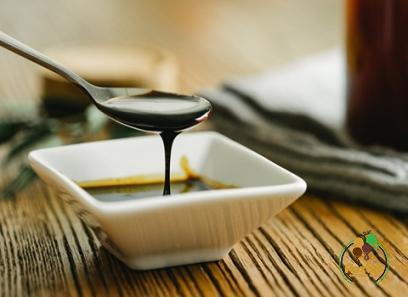
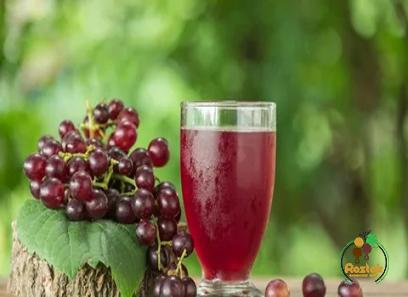
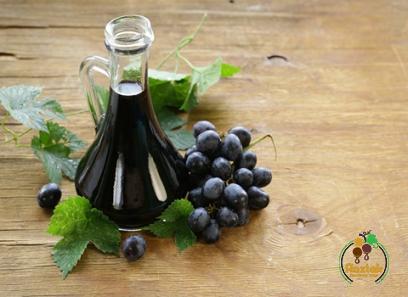
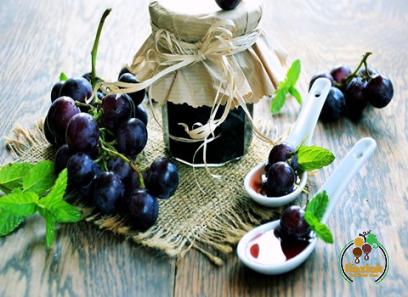
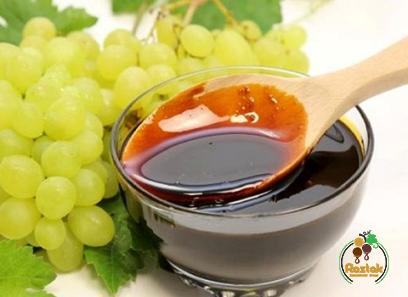
Your comment submitted.